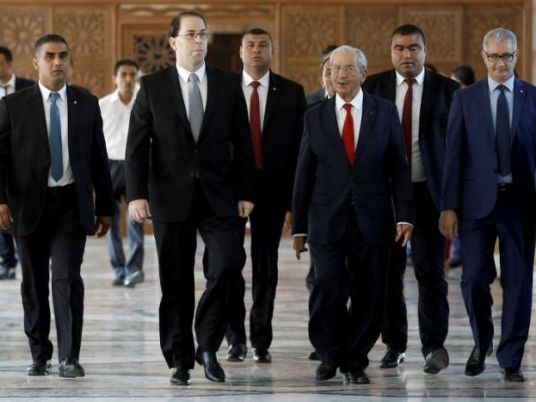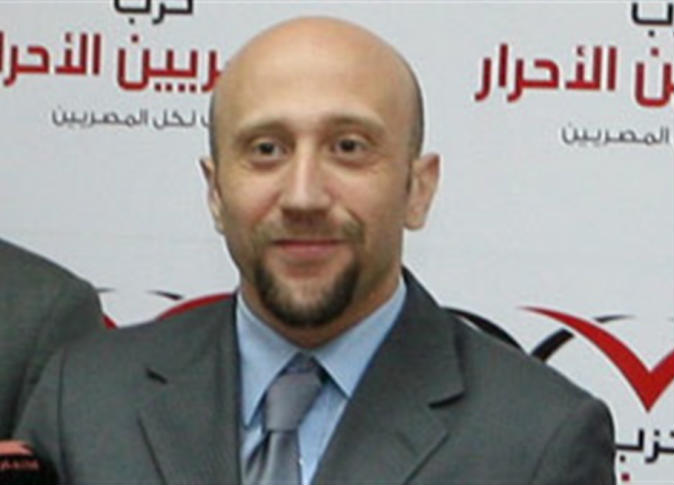Baghdad–Iraqis defied bomb, mortar and rocket attacks from insurgents to vote in a milestone election on Sunday that could help bring the country closer to durable peace or worsen its ethnic and sectarian divides.
Early results from Iraq’s second election for a full-term parliament since the 2003 US-led invasion were not expected for a day or two.
Minority Sunnis did not spurn the poll, but it was not clear if their votes would be enough to give the upper hand to the secular, Shia-Sunni list of former premier Iyad Allawi.
Contenders are already positioning themselves to claim victory or to cry foul. Political factions will soon start trying to woo rivals to their side. And horse-trading to form the next government could take weeks, if not months, creating a potentially dangerous political vacuum.
Drawn-out coalition negotiations may lead to an absence of governance that a weakened but still deadly Sunni Islamist insurgency could exploit to try to reignite sectarian war.
Outgoing Prime Minister Nuri al-Maliki will stay on as head of a caretaker administration until a new government is formed. The caretaker administration will pay public sector wages, but will not have the power to propose new laws or sign contracts.
The inability of Iraq’s last parliament to agree on a new government for five months in 2006 gave al Qaeda and other Sunni insurgents and Shia militia such as the Mahdi army space to operate and grow, setting the stage for sectarian slaughter.
Al Qaeda and its Iraqi offshoot, the Islamic State of Iraq, have been weakened by a decision by Sunni tribal chiefs to turn against them, a surge in 2007 in US troops deployed to Iraq and the growing capabilities of Iraqi security forces.
They can still launch devastating attacks, as they proved with coordinated assaults by suicide bombers on public buildings and hotels in Baghdad in August, October, December and January.
Mortar, rocket and bomb strikes as voting began on Sunday killed 38 people in or near the capital, but Gala Riani, an analyst with IHS Global Insight, said the attacks "were those of an insurgency struggling to make its capacity known, not one capable of derailing the vote."
Nevertheless, a strike against a major Shia shrine, for example, could spark chaos in the absence of a fully-fledged government.
The coalitions that ran in the election campaign are likely to start splintering in the election’s immediate aftermath.
Maliki’s State of Law bloc may sound out some of its former allies, such as the powerful Shia party, the Supreme Islamic Iraqi Council (ISCI), on a possible post-election alliance.
If that happens, ISCI may split from its electoral partner, the movement of anti-American Shia cleric Moqtada al-Sadr.
Any such rift could reignite factional clashes between ISCI and the Sadrists, who are long-time foes.
Intra-Shia tensions may show up in targeted car bombs and assassinations, rather than in mass casualty attacks.
Allawi’s secular, Shia-Sunni list might also fragment. Allawi has joined up with Nineveh governor Atheel al-Nujaifi, a controversial Arab nationalist. Given the right offer, and depending on how Allawi fares, Nujaifi could switch to Maliki.
Ethnic minority Kurds face an unaccustomed challenge to the entrenched power duopoly between the parties of Iraqi President Jalal Talabani and Kurdish regional president Massoud Barzani.
The desertion of one of Talabani’s lieutenants to form the Change list could dent the Kurdish bloc’s unity and give Shia or Sunni-Shia groups in Baghdad some new coalition choices.
Allawi, who as a secular Shia allied with Sunnis is expected to win broad backing from minority Sunnis, has laid the ground for possible claims of election fraud.
Allawi has criticized alleged irregularities in the run-up to the election, including the assassination of one of his list’s candidates in the violent northern city of Mosul and the printing — admittedly under UN auspices — of 7 million more ballot papers than there are voters.
If Allawi challenges the integrity of the vote, many of his Sunni supporters may conclude that their community has been cheated of its fair share of power by the Shia majority.
Any effort to turn the Iraqi election into a controversy akin to last year’s disputed votes in Iran and Afghanistan would need to be backed by evidence of widespread fraud before it would gain US or UN support.
US troops are due to withdraw combat troops in August ahead of a full withdrawal from Iraq by the end of 2011.
The timetable would only change if there were a cataclysmic security deterioration in Iraq, US military officials say.
Still, it is possible that the next Iraqi government will not be in place by August. US commanders say that should not stop them from reducing the number of troops in Iraq to around 50,000 by September but doubts about that commitment remain.
"Right now we’re committed to stay on our plan that we’ve been given," US military spokesman Major General Steve Lanza said after voting concluded.
Iraqis love conspiracy theories and Baghdad is awhirl with rumours that military forces loyal to Maliki could rebel if they fear he will lose out in the contest to be prime minister.
US military and diplomatic officials dismiss the rumors out of hand, saying the US-trained Iraqi military is much more diverse and professional than it was under Saddam.



